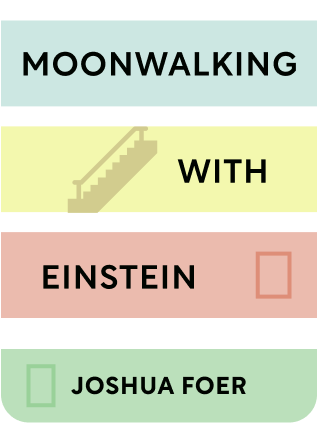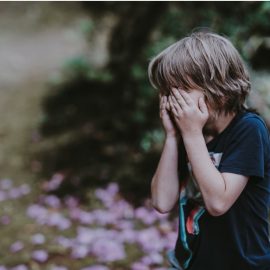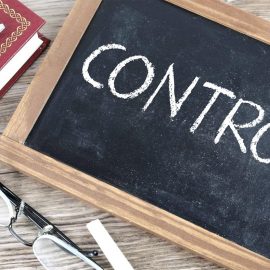

This article is an excerpt from the Shortform summary of "Moonwalking With Einstein" by Joshua Foer. Shortform has the world's best summaries of books you should be reading.
Like this article? Sign up for a free trial here .
What’s the relationship between memory and time? Does memory affect the way we view the passage of time?
Memory and time can be especially influential in our lives. In fact, your memory affects the way you view time, both in the short term and the long term. Read more about the relationship between memory and time below.
Memory and Time
Our perception of the passing of time is influenced by our memories because we remember events in relation to other events. For example, you might remember you broke your arm the summer after 2nd grade, or you got married a month after Obama got elected. The thicker your web of memories, the longer your life will feel. You can thicken the web by making new memories by doing exciting, memorable, novel things.
The opposite is also true—the more your life is caught up in routine, the faster it feels like it passes. Have you ever had the feeling that a year’s gone by and you don’t know how it happened? This is because you weren’t making very many memories. Boredom compresses time.
(Shortform note: To learn more about how to expand time by creating defining moments in your everyday life, read our summary of The Power of Moments.)
Studying Time
Chronobiologist Michel Siffre wanted to find out what happens to humans when they have no way to measure time, particularly with memory and time. He lived in an underground cave alone for two months with no access to a clock, calendar, or the sun. There was little to do and no one to speak with, so nothing interesting happened and he made few memories. Siffre became amnesic and after the two months of the experiment, he thought only one month had passed.
Writer William James also commented on the connection between memory and time. Your life seems to go faster as you age because you aren’t doing as many memorable things. When you’re a child learning about the world, you’re constantly encountering things you’ve never seen before. As an adult, you have to work to find things you haven’t seen before.
They can overcome this by evaluating old images that have a known outcome to test their skills.
Identity and Memory
What does memory have to do with our identities? Historically, memory was a measure of character and virtue. Memorizing things helped you absorb them. For example, memorizing an oral poem about ethics was a way of internalizing ethics, so that any time a situation came up, you knew how to respond appropriately and morally. Memorization was meant to be humanizing. Memory and time are interconnected because memory marks how humans have developed.
In modern times, we can learn about ethics and morals in ways other than memorizing. However, memory is still related to who we are. Your memory is a record of what’s happened to you over your life and influences how you make new memories in the future. To create a new memory, you link your current perceptions to what’s already in the web in your head—everything you encounter is influenced by everything you’ve already encountered.
So is there are strong relationship between memory and time? Researchers say yes.

———End of Preview———
Like what you just read? Read the rest of the world's best summary of Joshua Foer's "Moonwalking With Einstein" at Shortform .
Here's what you'll find in our full Moonwalking With Einstein summary :
- The memory techniques that took the author from novice to US memory champion in one year
- The 6 key types of memory we use everyday
- Why memory isn't just genetic, and how you can improve your memory with the right techniques






